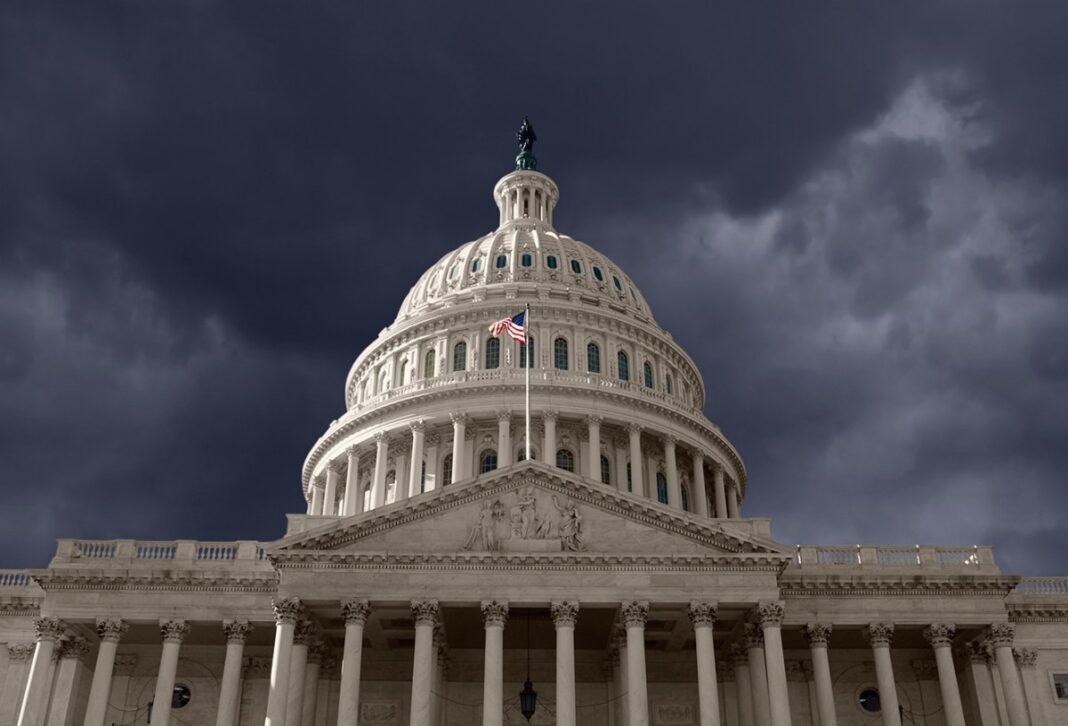Senate Republicans Introduce Important Revisions to Renewable Energy Incentive Policies
In response to the House’s recent passage of a reconciliation bill, Senate Republicans have presented their own version of the budget legislation, proposing substantial modifications to critical elements of the Inflation Reduction Act (IRA) that promote renewable energy development.
Sharp Curtailment of Solar and Wind Incentives
the Senate Finance Committee’s draft legislation seeks to significantly scale back support for solar, wind, and hydrogen initiatives. Residential solar tax credits would be abruptly terminated, limiting homeowners to a 180-day window after enactment in which they can claim these benefits. Furthermore, companies providing solar leasing options would be excluded from eligibility for these credits altogether-potentially disrupting a vital segment of the residential solar market.
For commercial wind and solar projects, the timeline for qualifying for tax credits is also compressed compared to current IRA guidelines. Projects beginning construction within six months following enactment could still receive full credit; however, those starting in 2026 would only qualify for 60%, while projects initiated in 2027 would be eligible for just 20%. Beyond this period, no tax incentives would remain available.
Hydrogen Tax Credits Face Termination Amid Regulatory Ambiguity
The proposal calls for ending hydrogen-related tax credits by year-end-a stance aligned with House measures but problematic for emerging clean hydrogen enterprises already contending with shifting regulatory frameworks. This abrupt policy reversal risks slowing innovation and investment momentum in hydrogen technologies crucial to decarbonization efforts.
Nuclear Power and Other Renewables receive Extended Support
Contrasting with reductions targeting other renewables, nuclear power plants along with geothermal and hydropower facilities are granted modest extensions on their tax credit phase-outs. Projects commencing construction as late as 2033 remain eligible for full credits-one year longer than under existing IRA provisions-with gradual step-downs continuing through 2036 before expiration.
An unexpected beneficiary is long-duration energy storage technology which continues receiving backing under this plan. If maintained through legislative negotiations,this support could bolster grid stability by enabling intermittent renewable sources like wind and solar to deliver consistent electricity supply around-the-clock-a key challenge hindering wider adoption worldwide.
Simplification Yet Retention of Carbon Capture Incentives
the approach toward carbon capture technologies strikes a middle ground between cuts and continuations. The current tiered structure under Section 45Q-which offers varying credit levels depending on how captured CO2 is utilized-is replaced by a uniform incentive rate applicable across all uses. While simplifying management may encourage broader deployment across industries such as manufacturing or direct air capture systems, it alters financial incentives previously favoring enhanced oil recovery less generously.
Navigating Political Complexities: uncertain Legislative Timeline Ahead
This Republican-led proposal underscores priorities focused on reducing subsidies predominantly benefiting wind and solar sectors while preserving support for nuclear and geothermal resources favored within GOP policy circles. The bill must undergo review by the Senate parliamentarian before returning to the House-which has set an ambitious July 4 deadline-to reach consensus suitable for presidential approval amid ongoing partisan negotiations.





